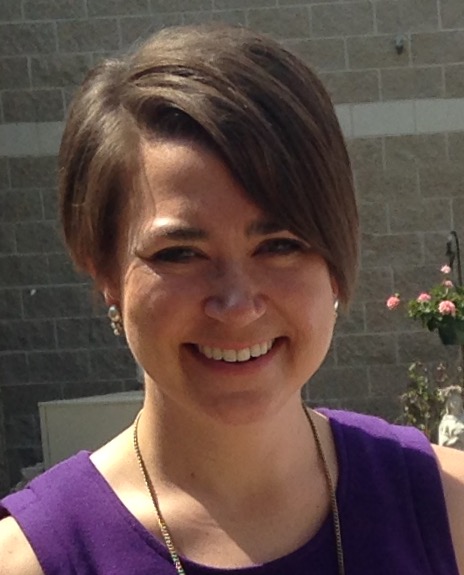A Fellow's Experience: Adjusting to Research
By: Dr. Erin Crowley
September 26, 2016
This post is a part of our Life as a Fellow blog post series. This series includes "fellow life lessons" from current trainees in leadership with CHEST.
At my current program, we talk about transitioning from a first-year fellow to a second-year fellow quite a bit, but I don’t think it really prepares you for what is to come. At the time of fellowship interviews, I had a general idea about what I wanted to do with my career but was mainly looking for a place to fit in and grow. The fellowship program I am in is clinically heavy in the first year then significantly lighter in the second-year and third-year, depending on whether you have chosen a clinical track or a research track. This appealed to me because at the time of interviews I was thinking, “Oh this is nice, I can try research and see how I like it; and if I don’t, then I can have all this time to do clinical rotations.” I kind of figured I wouldn’t really like research. I tried to picture myself making rats run on treadmills as some of my predecessors, and it made me laugh.
During the fall of the first year of fellowship, while I was trying to figure out how to survive ICU rotations and what node is what during an EBUS (or if that thing I was about to stab was even a node…), people start are asking you, “What is your project?” and “Who is your mentor?” Oh, research, yeah, that. Where do you even begin if (a) You’ve never done it before and (b) You’ve yet to imagine yourself doing it?
I tried to picture myself making rats run on treadmills as some of my predecessors, and it made me laugh.
If you asked me during residency, or even during my first year of fellowship, my 5-and 10-year plans looked very different compared with now. Going from years of clinical training where your “worth” is supported by your clinical knowledge and patient interactions, to being in control of your own schedule and wondering if your latest research question is as interesting as you believe it to be, is complete culture shock.
I am on the track to do clinical research in cystic fibrosis. It took a lot (of overthinking) for me to decide to do this. I’m writing this for others who are still uncertain. It’s OK to not know exactly what you want to do. We talk a lot about developing research projects and finding mentors, but don’t talk enough about this strange adjustment to research time compared with our clinical time. At times, I find it more stressful than being in the ICU with a crashing patient, and I suppose it’s because it is so different.
There are skills, like study design and a general idea of statistics that I need to learn in a few months to move my project along where others have spent years cultivating these skills. I put a lot of pressure on myself to do well, and if you are reading this, you probably do the same. I find myself finally in control of my own schedule and my own “production timeline,” and it is daunting—intimidating and at times overwhelming because I want to do well and be successful. Now that I have chosen this path I don’t want to fail and disappoint myself or those who mentor me. You just have to trust yourself and what you know; that is hard to find when you feel like you are in uncharted waters.
Despite the flexibility in the schedule (and no more home calls), it’s not great every day. Some days it would be much easier to do a bronchoscopy than spend an hour arguing with Excel because you can’t get error bars on the graph. But at the end of the day, I come back for more realizing that without research we wouldn’t know how to treat our patients. Furthermore, what I am doing is actually innovative and energizing to make you come back for more despite the struggles.
It’s OK to not know exactly what you want to do. We talk a lot about developing research projects and finding mentors, but don’t talk enough about this strange adjustment to research time compared with our clinical time.
One day I summoned up a lot of courage and stepped out of my comfort zone to e-mail some of the experts in the area that I am interested in. I wanted to get a sense about what they have done to get to where they are today. Without hesitation, it seemed, these people that I put on a pedestal e-mailed me back and were happy to chat. When I shared my ideas and saw how excited and how much they loved what they did while going through similar struggles starting out, it gave me a new sense that all of this hard work I was putting in would actually mean something someday. After these few conversations I realized that I was now part (or trying to become part) of a greater community that fosters each other’s ideas and helps each other grow, and to me, that is energizing. It gives light to the fact that eventually this research will lead to a difference in people’s lives, even if it takes some time.

Dr. Erin Crowley is a second-year fellow at Indiana University. Her research interest is in transition from pediatric to adult medical care in patients with cystic fibrosis. She hopes to study risk factors that lead to poor outcomes after transition and implementation of behavioral interventions to improve outcomes. She is also interested in resident and fellow education.